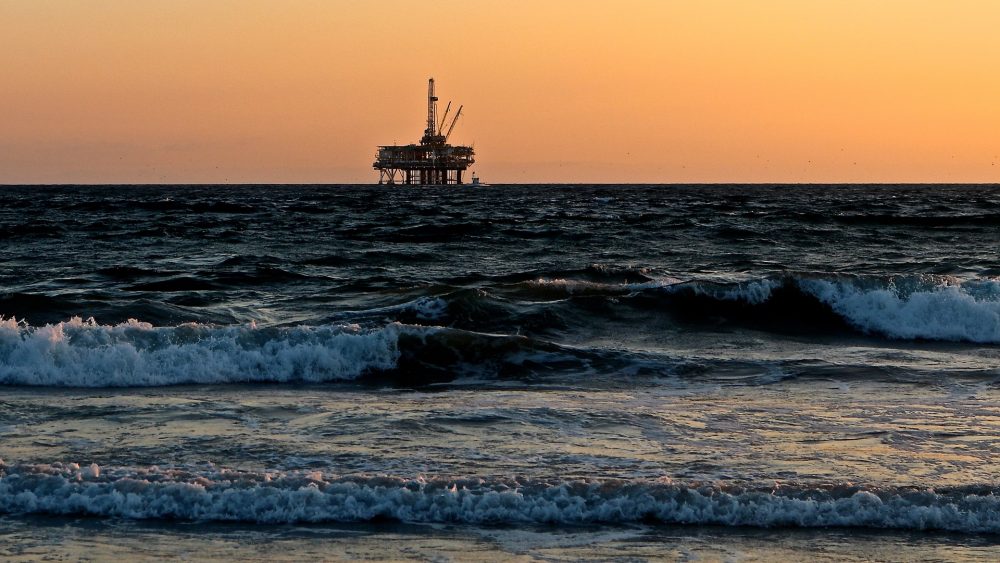Oil spills can be devastating to the environment, as well as marine species. Reports suggest that the effects of oil spills can be felt decades after the event, and that only 15% of oil spills can be effectively cleaned.
Consequently, it is extremely important to prevent oil spills, especially in industries in which it is prominently used.
Procedures
- Establish procedures to reduce/eliminate oil hazards
- Employ best practices that adhere to global standards
- Use safe operating procedures
- Have control and countermeasure plans in place
Equipment
- Regular testing and inspection
- Use of instrumentation to detect and report vulnerabilities
- Maintenance and repairs should be done in a timely fashion
- Where possible, use equipment with leak prevention technology
- Where possible, use equipment made with materials to withstand corrosion
Training
Employee training reinforces the process safety and promotes safe operating use of equipment and instrumentation. Training should be up-to-date.
Employees should be trained in:
- Monitoring, maintaining and repairing equipment
- Identifying and analyzing potential risks
- Safe handling procedures
- Safe transportation procedures
- Safe storage procedures


Comments are closed.